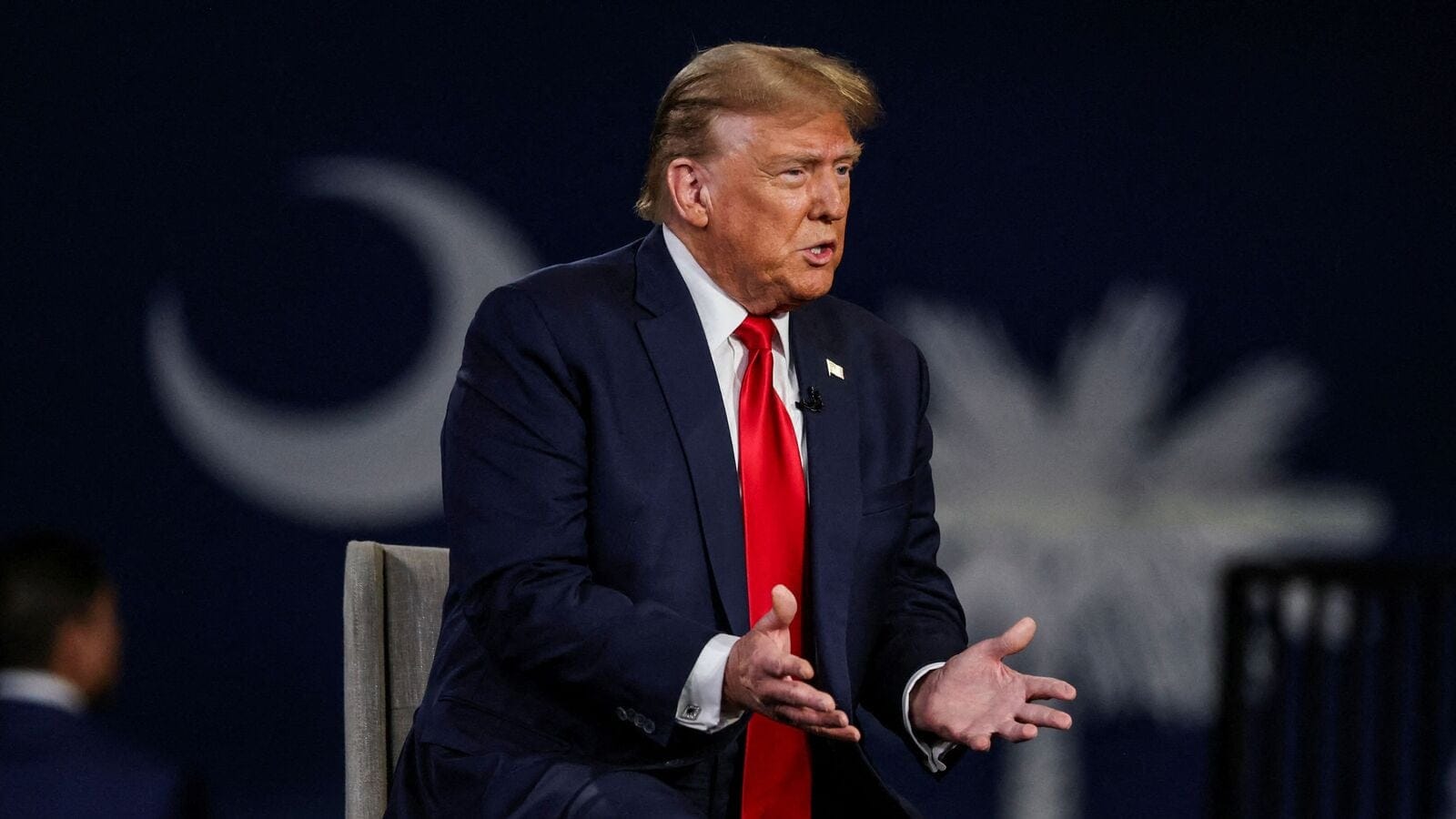Trump Proposes Innovative Tax Reform: Ending Federal Income Tax for Tariffs
Former President Donald Trump has laid out an ambitious economic vision that could redefine the U.S. tax landscape by proposing the abolition of federal income taxes. In its place, he suggests implementing a comprehensive tariff system on imports, a move that could herald a new era of economic prosperity
Former President Donald Trump has laid out an ambitious economic vision that could redefine the U.S. tax landscape by proposing the abolition of federal income taxes. In its place, he suggests implementing a comprehensive tariff system on imports, a move that could herald a new era of economic prosperity and self-reliance.
This groundbreaking proposal, discussed in a recent interview, outlines a shift towards a tariff-based revenue model, echoing America's historical approach before the introduction of income tax. Here's why Trump's proposal is being hailed as forward-thinking:
- Simplicity for Taxpayers: Ending federal income taxes could simplify tax filing for millions of Americans, eliminating the complexities and costs associated with the current tax system.
- Economic Sovereignty: By relying on tariffs, the U.S. could reduce its dependence on foreign economies, potentially making American businesses more competitive and fostering local manufacturing.
- Revenue Diversification: Tariffs could diversify the government's revenue streams, potentially offering stability in global trade fluctuations. This could lead to more strategic trade negotiations, where the U.S. could leverage tariffs for better trade deals.
- Consumer Benefits: While there might be initial adjustments, in theory, if domestic production increases due to protective tariffs, this could eventually lead to lower costs for certain goods produced within the U.S., benefiting consumers in the long term.
- Global Trade Rebalance: Trump's policy could encourage other nations to reassess their trade practices, possibly leading to a more balanced global trade environment where American labor and industry are not undercut.
Public reaction on platforms like X has been mixed, but many are intrigued by the prospect of not having to pay income taxes, viewing it as a pioneering move towards economic freedom. Trump's base and a segment of independent voters see this as a bold step towards financial sovereignty and a direct benefit to American workers and businesses.
Economists and policy analysts, while cautious, acknowledge the potential for this policy to spark a significant economic overhaul. If well-implemented, with careful planning for transition and global negotiations, this could set a precedent for how major economies operate in the future.
While the path to implementing such a policy involves navigating complex economic and political landscapes, Trump's proposal has ignited a crucial conversation about tax reform, economic independence, and the role of tariffs in modern economies. This idea, if taken seriously, could be remembered as a transformative moment in U.S. fiscal history, aiming to bring back manufacturing jobs and empower American industry like never before.




